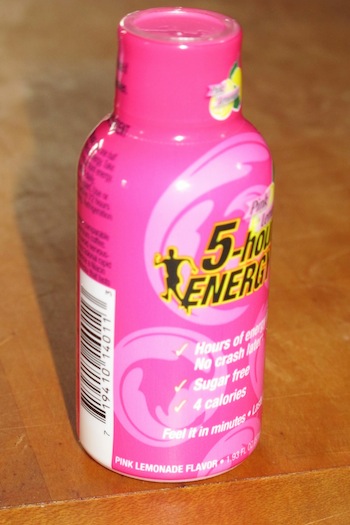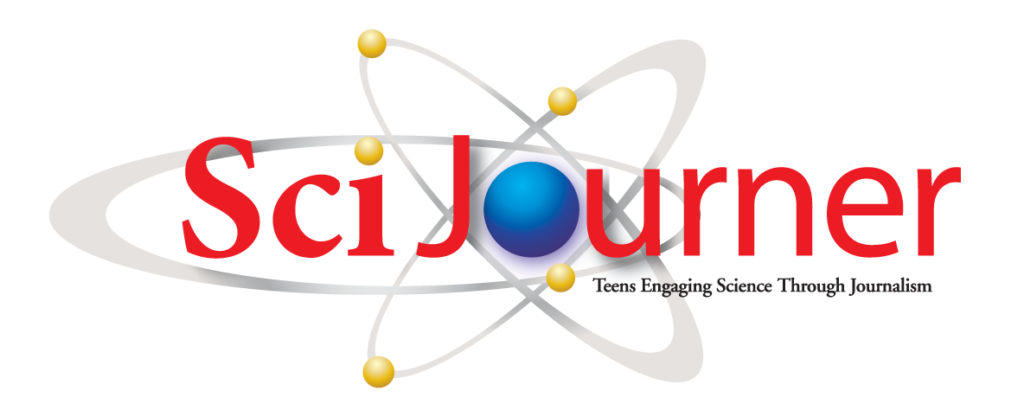If you look at commercials for energy drinks, you’ll get the impression that they can provide hours of energy without any side effects. However, everything may not be what it seems with these supplements. 
Martinne Geller and David Morgan, Reuters’ reporters, ran a story in October, 2012, about how five deaths may be linked to the Monster Energy Drink. The Food and Drug Administration (FDA) is currently examining the link between energy drinks, like 5-Hour Energy and Monster, and several deaths. The FDA released a report documenting alleged reactions to drinking energy drinks. These reactions range from feelings of flushness, to heart attack and death.
The effects of caffeine toxicity have been well documented by the medical field; many energy drinks get their boost by containing large amounts of the chemical. Caffeine usually is an ingredient of the energy blend in these energy drinks.
Living Essentials, the makers of 5-Hour Energy, states on its website that the drink contains the same amount of caffeine as “a cup of the leading premium coffee.” It is also notable that the company produces an extra-strength version that contains even more caffeine. But, what does that really mean?
Bruce Goldberger, a researcher in the Department of Pathology, Immunology and Laboratory Medicine at the University of Florida’s College Of Medicine, conducted a study in 2003 {PDF] measuring the amount of caffeine in a medium cup of “specialty coffee”. Caffeine levels ranged from 58 milligrams (mg) in one shot of Starbucks espresso, to 564 mg in 16 ounces of Starbucks Breakfast Blends. If 5-hour Energy drinks contain as much caffeine as premium coffee, a person may be ingesting more caffeine than that daily limit.
Unfortunately, Living Essentials do not enclose exactly how much caffeine is in their products. Monster Drink is more elusive in the amount of caffeine in its drinks. Their website doesn’t provide information about how much caffeine is in its products. Looking at its supplement label, the amount of caffeine in a can is combined with other supplements in the drink.
However, WebMD offers some insight in the amount of caffeine in energy drinks. According to WebMD, Monster energy drink contains 221 mg of caffeine and 5-hour Energy Drink: Extra Strength contain 242 mg of caffeine. Compare this to 8 ounces of coffee, which has 100 mg of caffeine.
According to the Mayo Clinic website, normal adults can consume moderate amount of caffeine without harm. This amounts to 200 to 300 mg of caffeine. People may experience side effects if the daily dose increases to 500 to 600 mg, which would amount to drinking 2 energy drinks per day. Since this data is for adults, teens and children that consume caffeine may experience negative effects at lower doses. Also, according to the FDA, pre-existing health conditions can complicate the effects of drinking high amounts of caffeine.
| Related stories: Don't Brush Your Teeth; Can Coffee Reduce Exercise Pains? Drink Responsibly; |
Looking at the health concerns surrounding energy drinks, it may be best to use caution when consuming energy drinks. You may drink them to keep you awake to study for exams or make it through a day at work. However, you could learn that the caffeine in them may actually turn your lights out, permanently. Bobby Hughes

This work is licensed under a Creative Commons Attribution-NonCommercial-NoDerivs 3.0 Unported License







